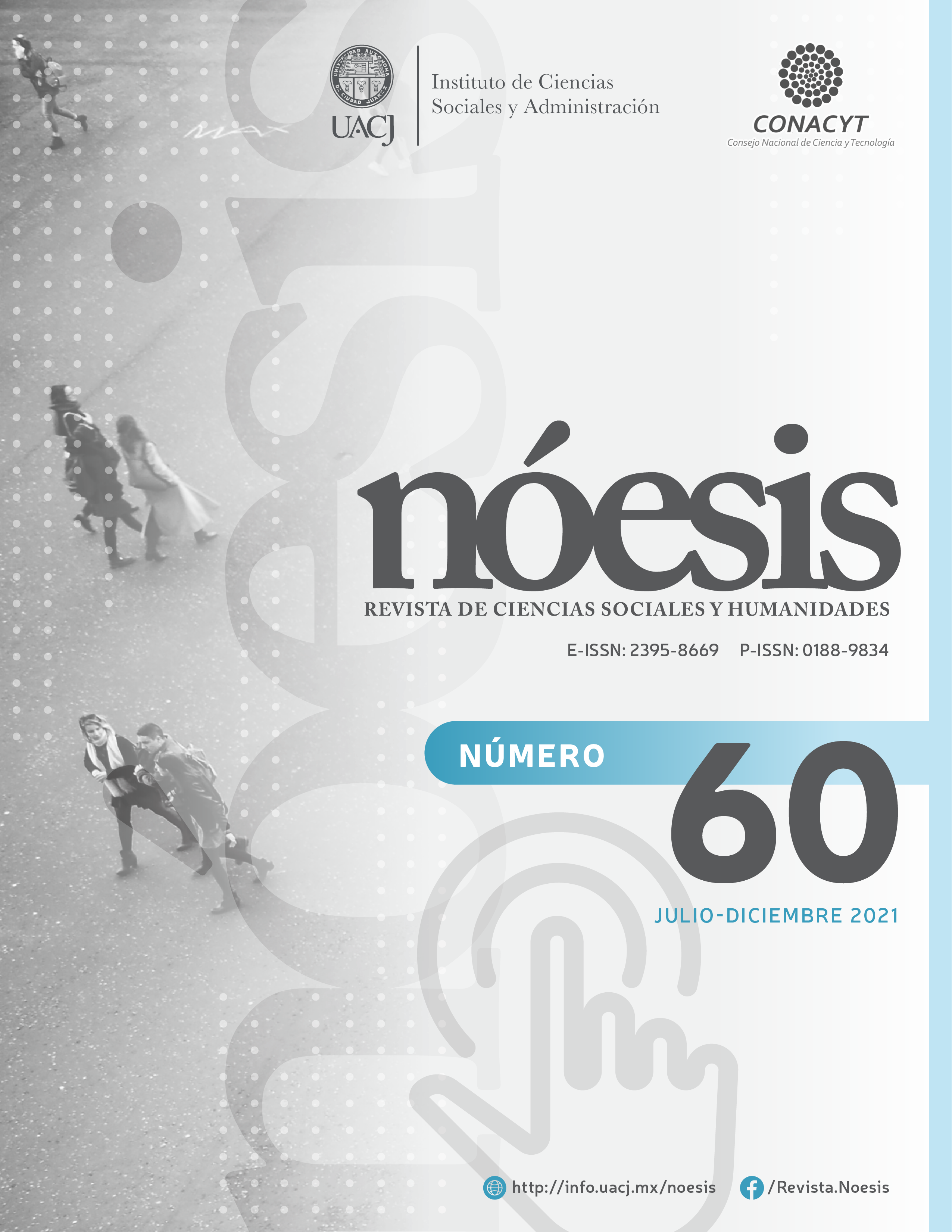Civil war literature: childhood as a hermeneutical mirror for historical understanding
In the civil war literature, the war is treated as an event open to the significance of the present. Furthermore, in many of these texts, the figure of the child is summoned (from the 20th century) in a dialogue that complements the hermeneutics of historiography. Authors such as Nellie Campobello,...
Sábháilte in:
| Príomhchruthaitheoir: | |
|---|---|
| Formáid: | Artículo |
| Teanga: | spa |
| Foilsithe / Cruthaithe: |
Universidad Autónoma de Ciudad Juárez
2021
|
| Ábhair: | |
| Rochtain ar líne: | http://erevistas.uacj.mx/ojs/index.php/noesis/article/view/3962 |
| Clibeanna: |
Cuir clib leis
Níl clibeanna ann, Bí ar an gcéad duine le clib a chur leis an taifead seo!
|
| Achoimre: | In the civil war literature, the war is treated as an event open to the significance of the present. Furthermore, in many of these texts, the figure of the child is summoned (from the 20th century) in a dialogue that complements the hermeneutics of historiography. Authors such as Nellie Campobello, Italo Calvino, and Aurora Correa place the epistemic key of the narration in a child from its peculiar marginal subjectivity, building a signification of the historical context marked by distancing, contrasting the official narrative. Therefore, the voice and testimony are not limited to the plausible: the historical essence is prominent, experiential, and emotional of the “civil war” event. In this research, a comparative historic-literary study is presented, analyzing the creation of the “voice” and the enunciation process lead by the fictional figure of a child as a reflexive exercise in its complex, human, and plural dimensions. |
|---|---|
| ISSN: | 2395-8669 |
